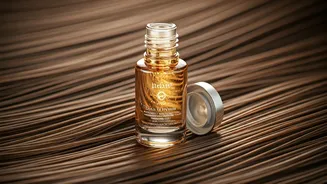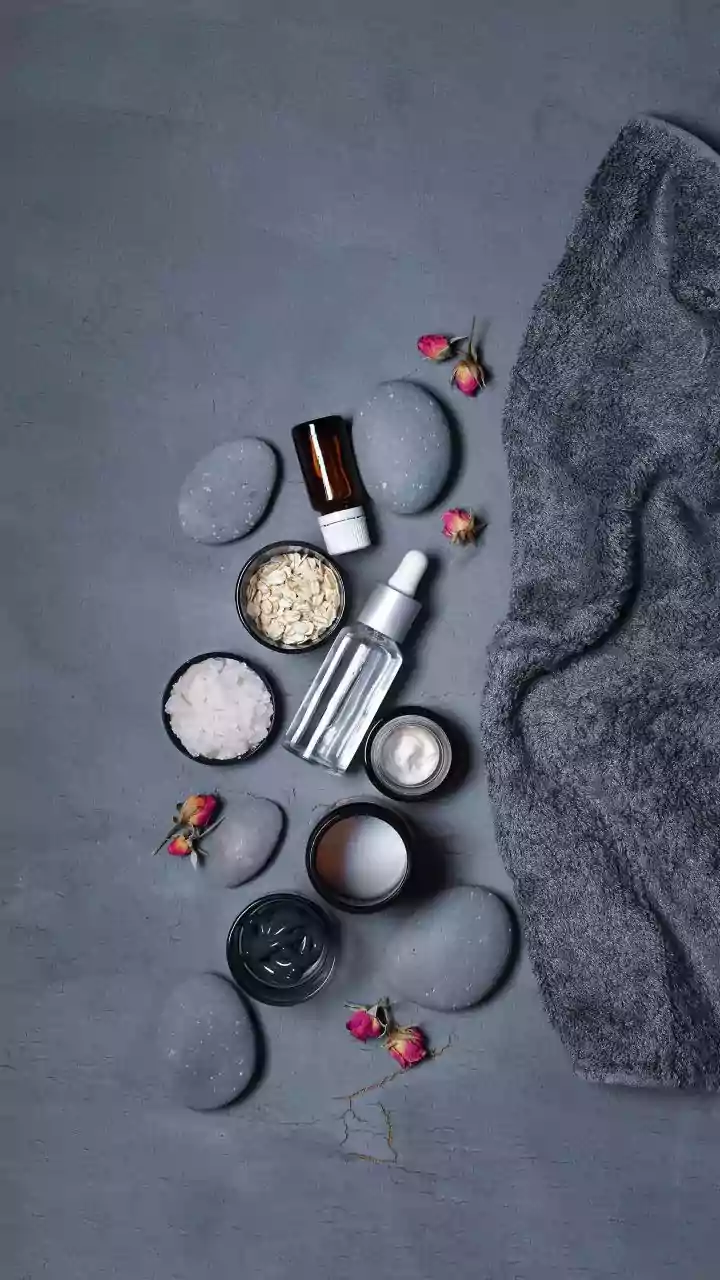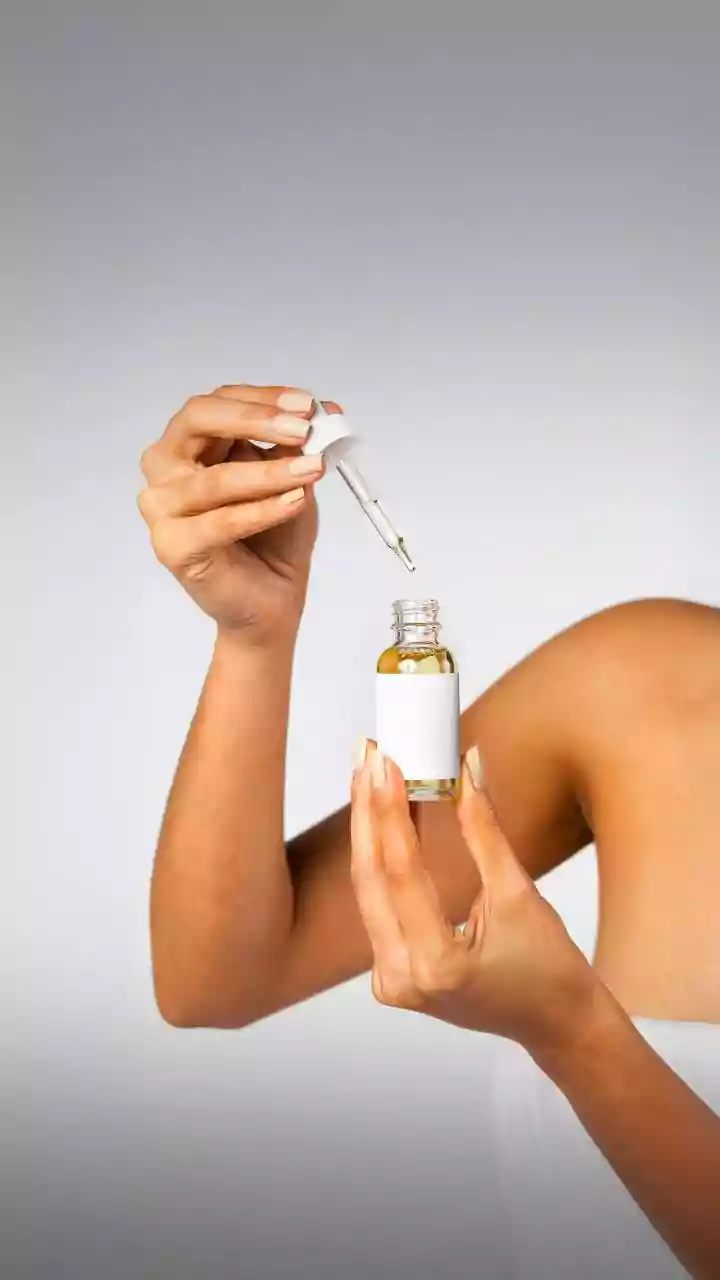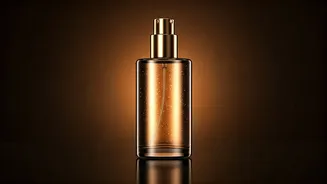Serum Selection Importance
Choosing the right hair growth serum is crucial to achieving desired results. Serums are formulated with concentrated ingredients that target specific
hair concerns, such as hair loss, thinning, or damage. The effectiveness of a serum often depends on the key ingredients it contains and how they work together to stimulate hair growth. Understanding your hair type and the underlying causes of your hair issues is essential. For instance, serums rich in peptides might be great for strengthening hair, while those containing minoxidil could be effective for androgenetic alopecia. Considering these aspects can guide you towards selecting a serum that aligns with your needs and maximizes your chances of success. Furthermore, consistent application, as per the product's instructions, is vital for observing positive outcomes. Ignoring product guidelines might diminish the potential benefits of the chosen serum.
Minoxidil: The Classic
Minoxidil is one of the most well-known and scientifically-backed ingredients in hair growth serums. Initially used to treat high blood pressure, it was discovered that minoxidil also stimulated hair growth. It works by widening blood vessels, which increases blood flow to the hair follicles. This enhanced blood circulation provides the follicles with more oxygen and nutrients, thereby promoting hair growth and reducing hair shedding. Minoxidil is available in different concentrations, typically 2% and 5%, with the higher concentration generally providing better results, but potentially causing more side effects. Consistent daily use is required to maintain its effects, as hair growth typically returns to its previous state after stopping use. It is important to note that minoxidil might not be effective for all types of hair loss, and consulting a healthcare professional is advisable before use.
Peptide-Powered Growth
Peptides are amino acid chains that can stimulate hair growth by signaling to the body to produce more hair. They are commonly used in hair growth serums for their ability to strengthen hair follicles and reduce hair shedding. These peptides work by mimicking the effects of growth factors, which are naturally occurring substances that support hair growth. Serums often contain multiple types of peptides to address different aspects of hair growth. For example, some peptides can increase the size of hair follicles, while others can promote the production of keratin, a protein that makes up hair. The regular use of peptide-rich serums can lead to improvements in hair density and overall hair health. Unlike some other ingredients, peptides are generally considered safe and well-tolerated, making them a suitable option for various hair types.
Caffeine for Stimulation
Caffeine, a well-known stimulant found in coffee and other products, has shown promise in promoting hair growth. It works by blocking the effects of DHT (dihydrotestosterone), a hormone that can shrink hair follicles and contribute to hair loss. This helps to extend the growth phase of the hair cycle. Caffeine's properties also improve blood circulation in the scalp, delivering more nutrients to the hair follicles. Using serums containing caffeine can increase hair thickness and improve the overall condition of the hair. While caffeine is generally considered safe, some individuals might experience sensitivity. It's often combined with other ingredients like vitamins and antioxidants to enhance its effects and provide comprehensive care for the scalp and hair.
Rosemary Oil's Benefits
Rosemary oil is a natural ingredient that has gained popularity for its potential hair growth benefits. Research suggests it can be as effective as minoxidil in promoting hair growth and can stimulate the scalp. Rosemary oil's benefits are thought to stem from its ability to improve blood circulation, which, in turn, boosts nutrient delivery to the hair follicles. It also contains anti-inflammatory properties that can soothe the scalp and promote a healthier environment for hair growth. Rosemary oil is typically used as an essential oil, diluted with a carrier oil like jojoba or coconut oil to prevent skin irritation. Application can involve massaging it into the scalp or adding it to hair masks. Consistent use is necessary to experience noticeable results, and it's essential to perform a patch test to avoid any potential allergic reactions.
Biotin: The Vitamin
Biotin, also known as vitamin B7, is a key nutrient involved in hair growth. Biotin plays a crucial role in producing keratin, the primary protein that makes up hair. Deficiency in biotin can lead to hair thinning, hair loss, and brittle nails. While biotin supplements are commonly taken to promote hair growth, it can also be found in serums for topical application. Applying biotin directly to the scalp can help strengthen hair follicles and encourage the growth of thicker hair. Incorporating biotin serums into your routine can improve the overall texture and appearance of hair, helping to reduce breakage and enhance shine. It is often combined with other hair-supporting vitamins, such as vitamin E, to enhance its benefits. It's important to consult with a healthcare professional to determine if biotin supplementation is appropriate for your specific needs.
Consider Scalp Health
While choosing the right serum is crucial, it’s just as important to maintain a healthy scalp. A clean and balanced scalp provides the best environment for hair growth. Regularly washing your hair, using a gentle shampoo, and avoiding harsh chemicals can prevent buildup and irritation. Regular exfoliation can remove dead skin cells and promote blood circulation to the follicles. In addition to serum application, incorporating scalp massages can further improve circulation and promote nutrient delivery. Additionally, ensuring a balanced diet that includes essential vitamins and minerals plays a critical role in supporting hair growth. These practices, combined with using a hair growth serum, maximize the chances of achieving fuller and healthier hair. A healthy scalp is the foundation for healthy hair.



















